Kosovo talks round three tomorrow
Round three of direct negotiations between Belgrade and Priština starts tomorrow at 9.30 a.m at the Austrian Foreign Ministry.
Sunday, 21.10.2007.
09:27

Round three of direct negotiations between Belgrade and Pristina starts tomorrow at 9.30 a.m at the Austrian Foreign Ministry. The talks will open with the international mediating Troika holding consultations with the two sides separately. Kosovo talks round three tomorrow Following these consultations, a joint meeting will be held where the two sides will have an opportunity to outline their proposals for settling Kosovo’s status in direct talks, as well as discussing the Troika document. Foreign Minister Vuk Jeremic feels Belgrade will continue to put forward her plan for effective autonomy for the province in Vienna tomorrow. “We are going deeper and deeper into our plan. We’ll be ready to respond to any questions the Albanians might have. I hope the Vienna talks will be a step closer to a compromise solution for the province’s future status,” said Jeremic. The Kosovo Albanians claim they have not seen that paper, although they have announced that anything that fits in with the interests of Kosovo self-determination will be accepted as a topic for discussion. Although talks on Kosovo’s status have once again returned to Vienna, the media in that country has not shown the slightest bit of interest in the matter. Only B92’s report of the Troika document yesterday has managed to make the headlines. "Kosovo status to be only theme" Kosovo Minister Slobodan Samardzic says that Kosovo’s status will be the Belgrade negotiating team’s sole topic of conversation. Samardzic also confirmed the existence of a mediating Troika agreement, that B92 learned of yesterday. “Such a document does exist, it was handed to us on October 14 at the end of the meeting in Brussels. It’s a general document with 14 points that should be the basis for further work,” the minister told RTS. He said that the Troika had had to do something, having thus far tested out the ground, and had issued a text where they had expressed their deep uncertainty. “Clearly this process will take some time, so the Troika is putting forward a document to stimulate discussions,” explained Samardzic. Samardzic said that the document contained little in common with the Serb and Albanian proposals, and that the Troika had tried to find areas of common interest between Belgrade and Pristina: energy, welfare, protection of minorities and cultural heritage, combating organized crime, as well jointly solving problems of refugees and missing persons. “On Monday in Vienna, we will discuss this document, and our delegation is completely ready to give its views on it,” said the minister. He stressed that the team had no intention of talking about anything other than status, and that relations between the sides could not be discussed in any terms other than those of settling status. Troika document for Kosovo solution The negotiating teams will receive a document stating that Belgrade’s physical presence in Kosovo is no longer possible. The document, that B92 has seen, should serve, according to negotiators, as a platform for the resumption of talks in Vienna In it there is no proposal for future status, nor is independence mentioned as a possible option. The Troika document effectively summarizes the views of the two sides that have been heard so far, while Ischinger, Wisner and Kharchenko hope that the two sides can reach agreement over the proposed 14 points. The negotiating Troika concludes that there can be no return to the pre-1999 period, that Belgrade “shall not govern Kosovo,” nor “re-establish its physical presence in the province.” Kosovo will continue to be completely independent in financial terms, and will be able to, without Belgrade’s interference, sign agreements with international financial institutions. Belgrade and Pristina will develop “special relations” and continue the process of European integration, albeit separately. The international negotiators do not speculate as to Kosovo’s future status, nor is independence given as an option. Instead, the document – to be be discussed on October 22 in Vienna – cites a large number of areas where better cooperation is expected: energy, welfare, protection of minorities and cultural heritage, combating organized crime, as well as common tackling of problems such as refugees and missing persons. Good cooperation would be guaranteed by joint bodies that would be formed at the instigation of Belgrade or Pristina. The document also envisages the continuation of an international civil and military mission in Kosovo. B92 understands from the Serbian negotiating team that Belgrade has objections to the text, though it will not make them public before discussing them with the international negotiators.
Kosovo talks round three tomorrow
Following these consultations, a joint meeting will be held where the two sides will have an opportunity to outline their proposals for settling Kosovo’s status in direct talks, as well as discussing the Troika document.Foreign Minister Vuk Jeremić feels Belgrade will continue to put forward her plan for effective autonomy for the province in Vienna tomorrow.
“We are going deeper and deeper into our plan. We’ll be ready to respond to any questions the Albanians might have. I hope the Vienna talks will be a step closer to a compromise solution for the province’s future status,” said Jeremić.
The Kosovo Albanians claim they have not seen that paper, although they have announced that anything that fits in with the interests of Kosovo self-determination will be accepted as a topic for discussion.
Although talks on Kosovo’s status have once again returned to Vienna, the media in that country has not shown the slightest bit of interest in the matter. Only B92’s report of the Troika document yesterday has managed to make the headlines.
"Kosovo status to be only theme"
Kosovo Minister Slobodan Samardžić says that Kosovo’s status will be the Belgrade negotiating team’s sole topic of conversation.Samardžić also confirmed the existence of a mediating Troika agreement, that B92 learned of yesterday.
“Such a document does exist, it was handed to us on October 14 at the end of the meeting in Brussels. It’s a general document with 14 points that should be the basis for further work,” the minister told RTS.
He said that the Troika had had to do something, having thus far tested out the ground, and had issued a text where they had expressed their deep uncertainty.
“Clearly this process will take some time, so the Troika is putting forward a document to stimulate discussions,” explained Samardžić.
Samardžić said that the document contained little in common with the Serb and Albanian proposals, and that the Troika had tried to find areas of common interest between Belgrade and Priština: energy, welfare, protection of minorities and cultural heritage, combating organized crime, as well jointly solving problems of refugees and missing persons.
“On Monday in Vienna, we will discuss this document, and our delegation is completely ready to give its views on it,” said the minister.
He stressed that the team had no intention of talking about anything other than status, and that relations between the sides could not be discussed in any terms other than those of settling status.
Troika document for Kosovo solution
The negotiating teams will receive a document stating that Belgrade’s physical presence in Kosovo is no longer possible.The document, that B92 has seen, should serve, according to negotiators, as a platform for the resumption of talks in Vienna
In it there is no proposal for future status, nor is independence mentioned as a possible option.
The Troika document effectively summarizes the views of the two sides that have been heard so far, while Ischinger, Wisner and Kharchenko hope that the two sides can reach agreement over the proposed 14 points.
The negotiating Troika concludes that there can be no return to the pre-1999 period, that Belgrade “shall not govern Kosovo,” nor “re-establish its physical presence in the province.”
Kosovo will continue to be completely independent in financial terms, and will be able to, without Belgrade’s interference, sign agreements with international financial institutions. Belgrade and Priština will develop “special relations” and continue the process of European integration, albeit separately.
The international negotiators do not speculate as to Kosovo’s future status, nor is independence given as an option. Instead, the document – to be be discussed on October 22 in Vienna – cites a large number of areas where better cooperation is expected: energy, welfare, protection of minorities and cultural heritage, combating organized crime, as well as common tackling of problems such as refugees and missing persons.
Good cooperation would be guaranteed by joint bodies that would be formed at the instigation of Belgrade or Priština. The document also envisages the continuation of an international civil and military mission in Kosovo.
B92 understands from the Serbian negotiating team that Belgrade has objections to the text, though it will not make them public before discussing them with the international negotiators.



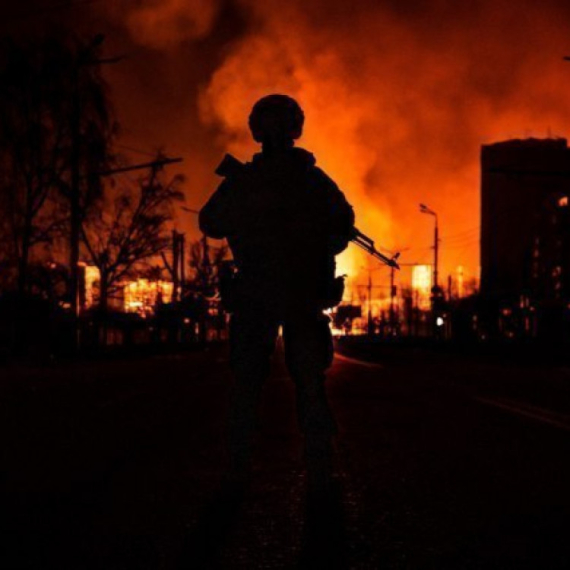
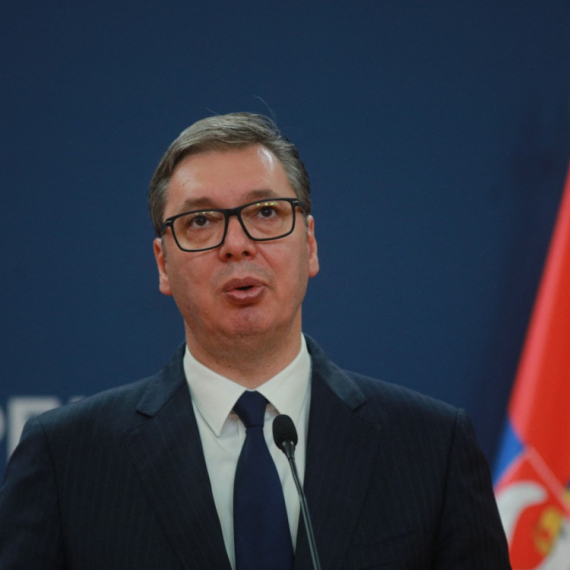
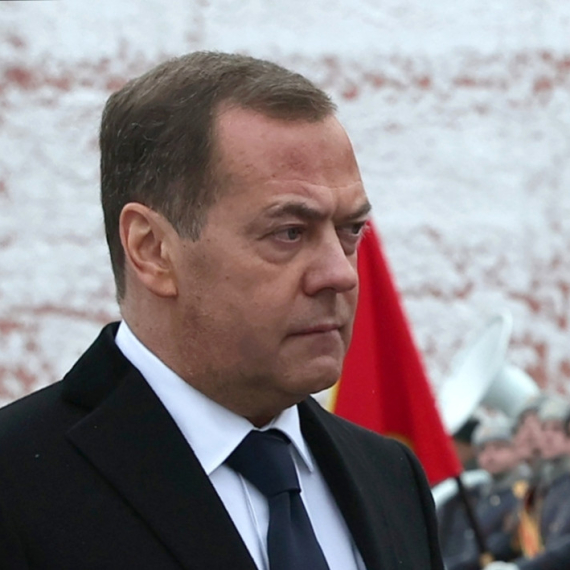




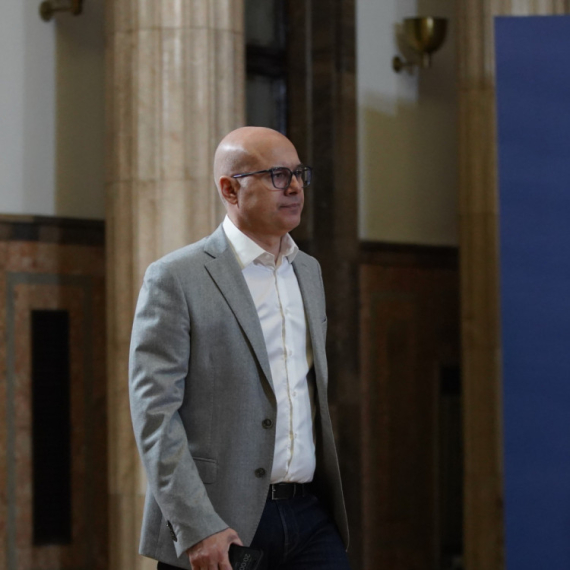
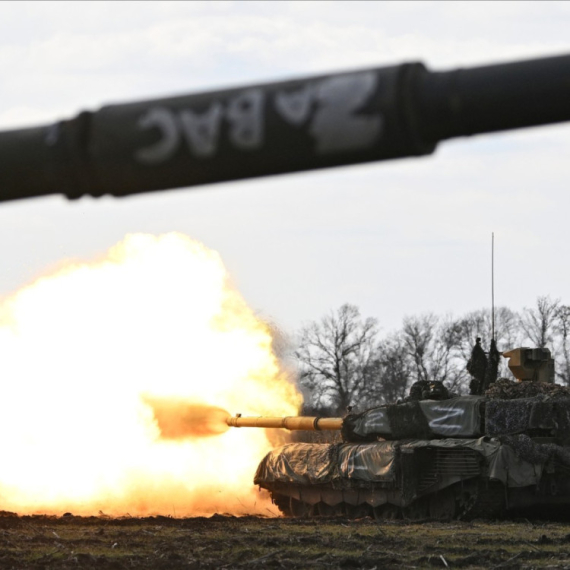




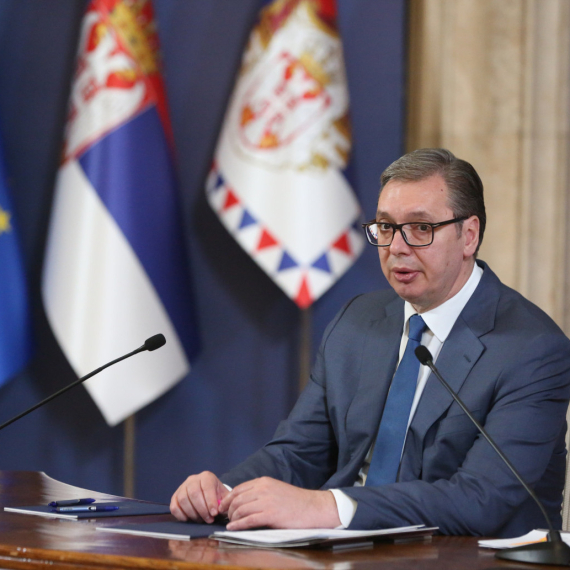


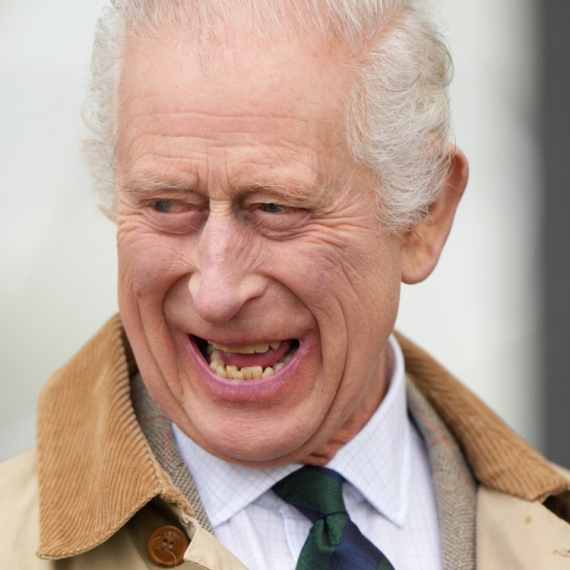
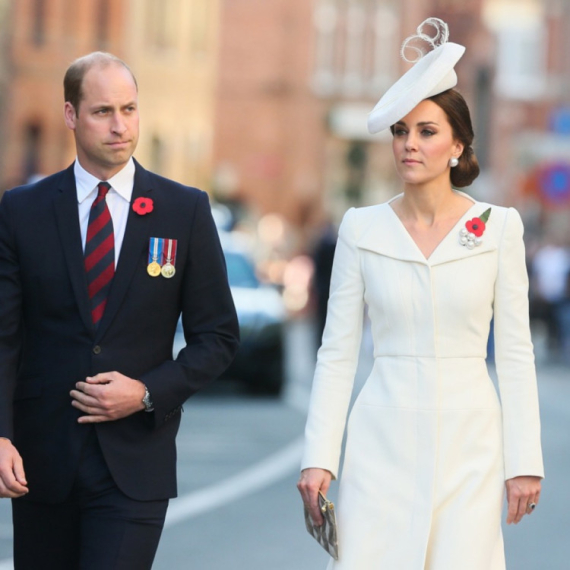















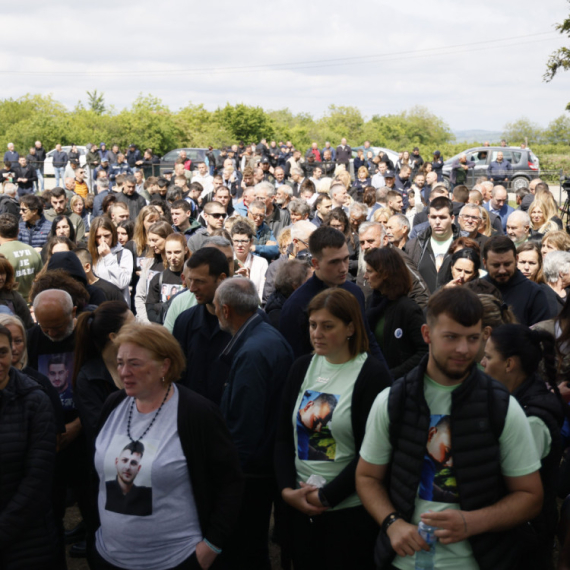
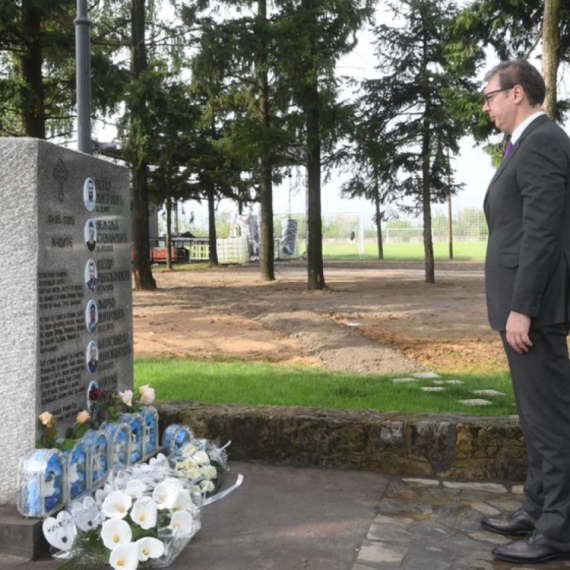

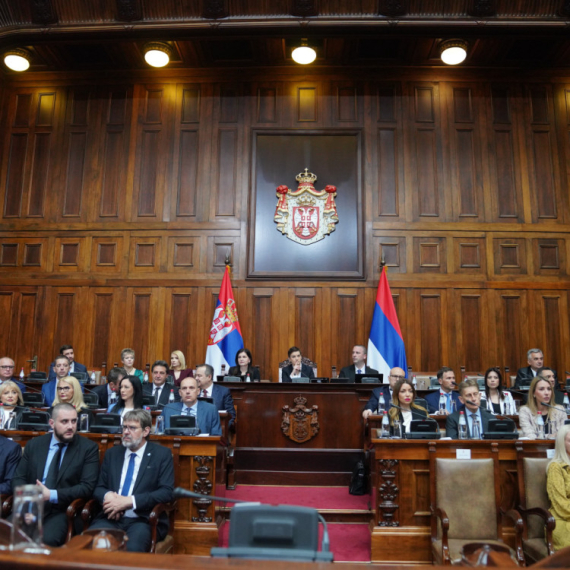

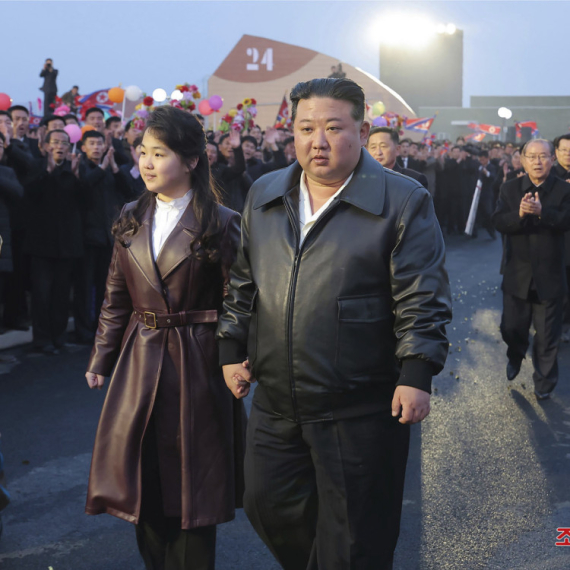

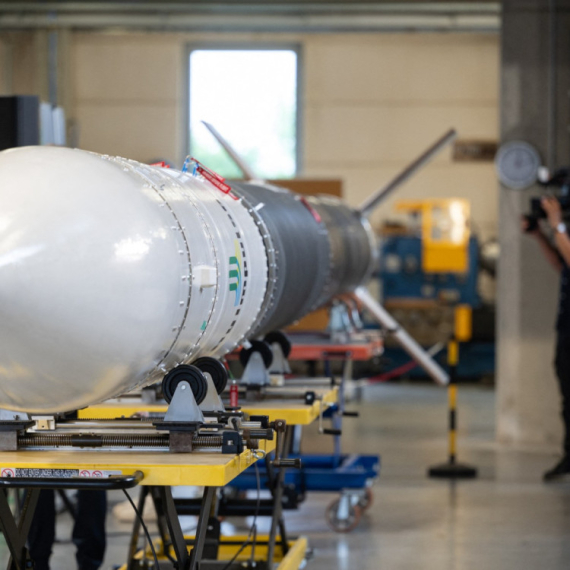







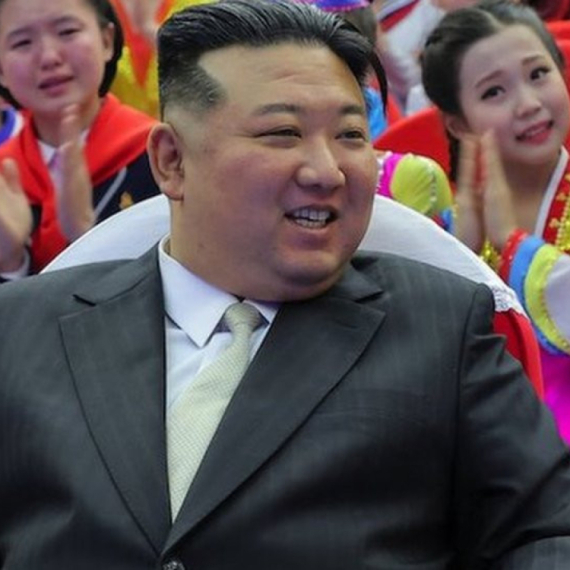
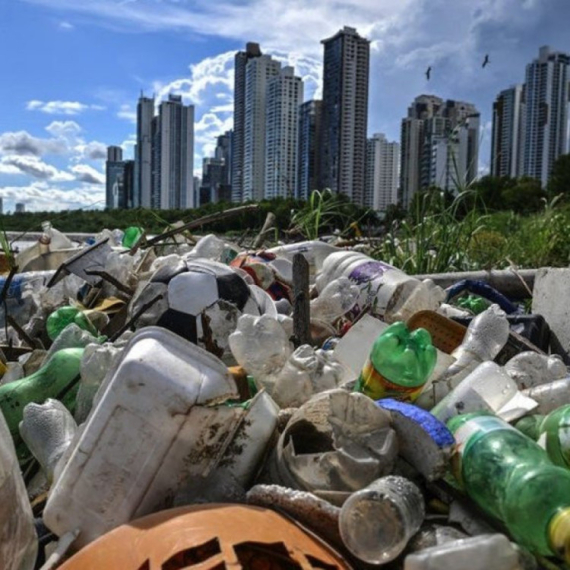
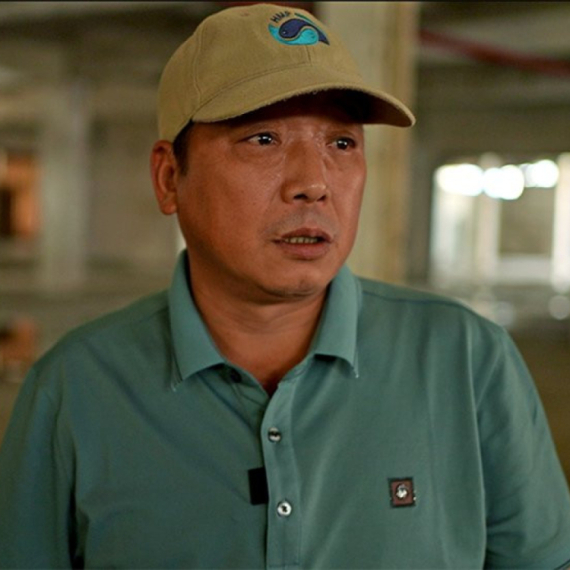

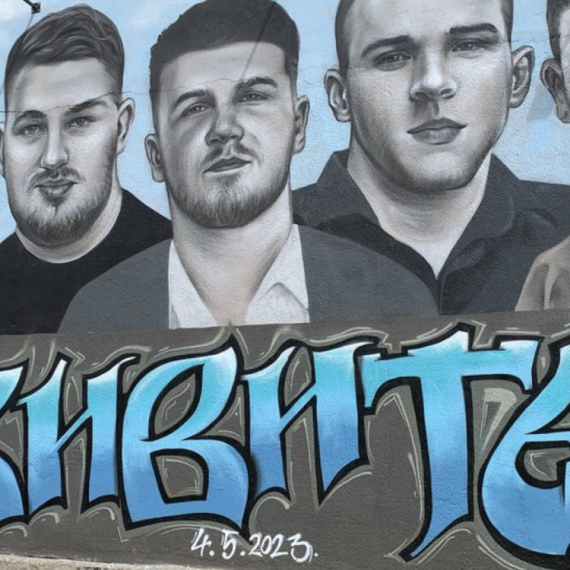

Komentari 29
Pogledaj komentare